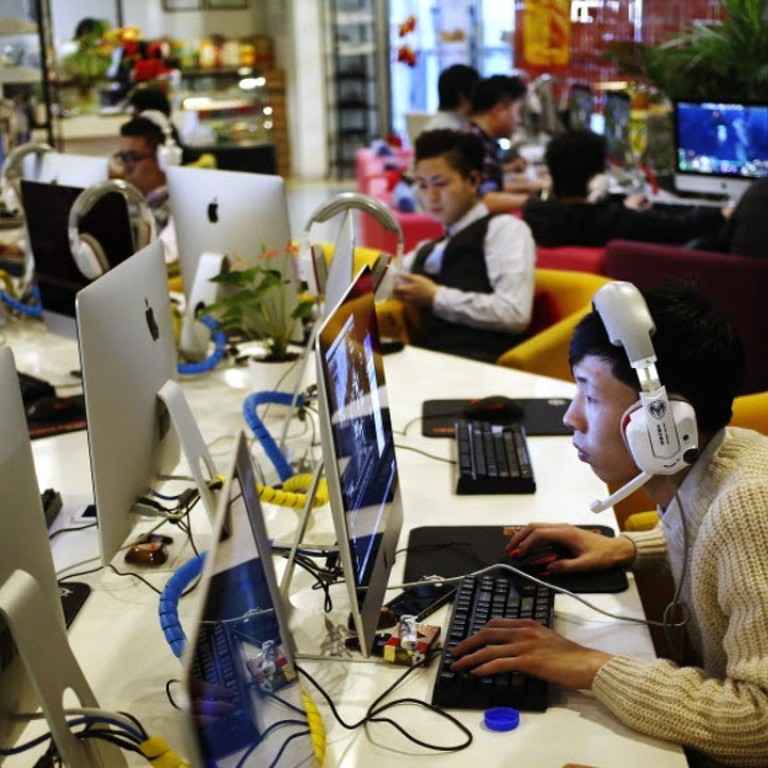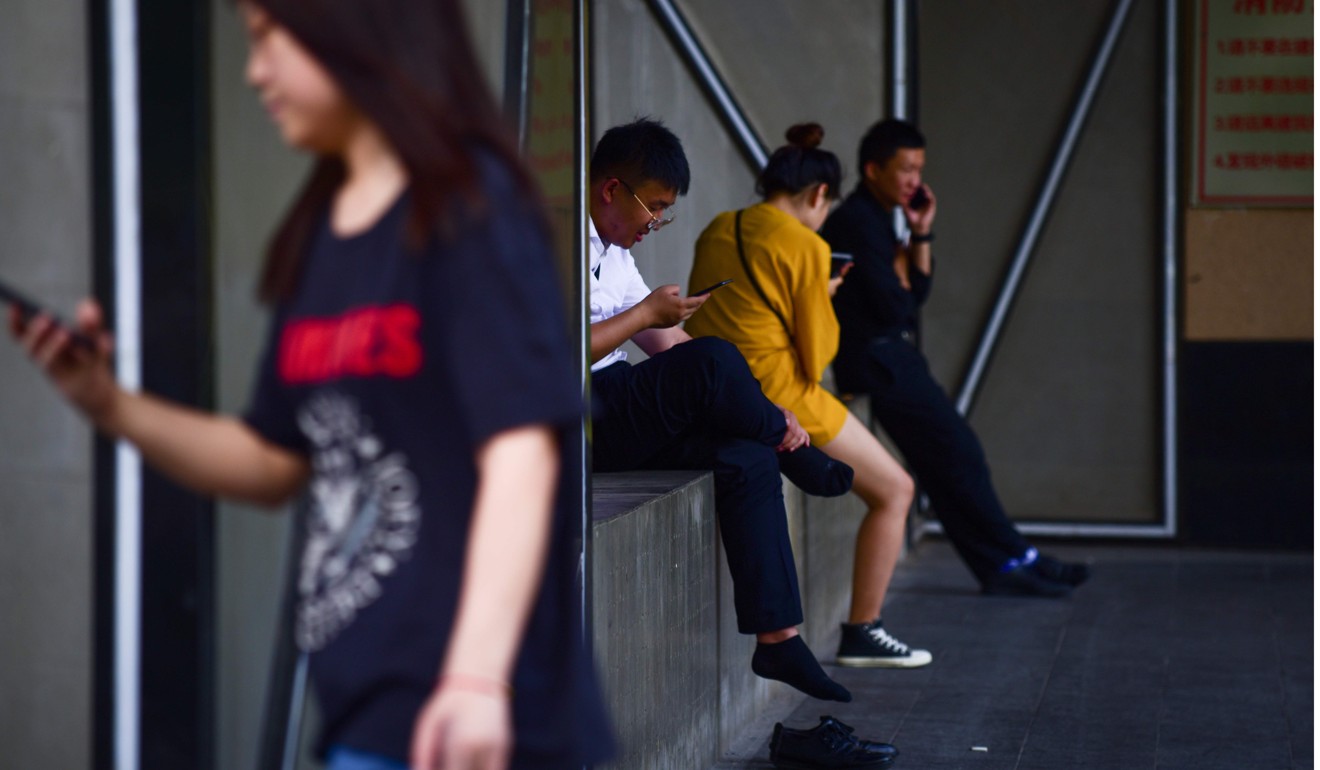
China’s cyber watchdog demands user data from internet firms in latest crackdown on dissent
- Any platform that could be used to ‘socially mobilise’ or lead to ‘major changes in public opinion’ will be required to submit assessment reports
- Regulator will also conduct on-site inspections and companies must show they are logging detailed information on users
China’s cyber watchdog on Thursday said it will require detailed logs on users from internet firms as part of a new policy aimed at cracking down on dissenting opinion and online social movements.
The Cyberspace Administration of China (CAC) said that as of November 30 it will require assessment reports from any internet platform that could be used to “socially mobilise” or lead to “major changes in public opinion”.
As part of the assessments, which include on-site inspections, companies must show they are logging information including real names, usernames, account names, network addresses, times of use, chat logs, call logs and the type of device being used.

The CAC, in its policy notice posted on its website, did not name specific companies affected, but listed a wide range of services including chat functions, blogs, public accounts, webcasts, video sites and news providers.
Companies with those functions include Tencent Holdings, Alibaba Group Holding, Baidu as well as Apple, which hosts its message service in China. Alibaba owns the South China Morning Post.
Chinese university ‘rethinking’ checks on students’ electronic devices after privacy complaints
Control of the internet has tightened under President Xi Jinping’s administration – an effort that has accelerated since 2016, as the ruling Communist Party seeks to crack down on dissent in the booming social media landscape.
In Chinese cyber policy, content that “undermines” social stability, manipulates history or runs counter to the government line is deemed a cybersecurity risk, comparable to financial and terrorist cyber threats.
According to the terms and conditions of social media services, including the Twitter-like service Weibo and Tencent’s WeChat, tech companies are already required to share information with the government on request, though there is little transparency on the exact process.
China and Russia suspected of hijacking Google internet traffic in ‘war game experiment’
Companies have increasingly introduced new features to boost government influence over platforms and quash viral content in order to avoid fines, suspensions and in some cases, permanent closure.
The new policy comes amid a spate of protests from grass-roots movements ranging from labour rights to #MeToo protests.
On Wednesday, students at prestigious Peking University were warned against taking part in demonstrations after 12 labour activists, most of them students, went missing from cities across the country over the weekend, including at least one seized on campus at Peking University.
Censorship controls are also tightening as US tech giants are expanding, including Apple and Alphabet’s Google, which has been criticised over secretive plans to launch a censored search engine in China.

